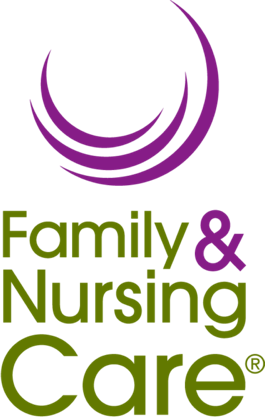A cancer diagnosis doesn’t just affect the body, it can change everything. From the moment someone hears the word “cancer,” they are often thrust into a whirlwind of medical appointments, treatment plans, and uncertainty. But beyond the physical toll, cancer can profoundly impact emotional well-being, daily routines, and a person’s sense of independence.
While doctors and treatment teams focus on fighting the disease, home care plays a vital role in supporting the person. At Family & Nursing Care, we understand that compassionate, individualized support can make all the difference during this difficult time.
Emotional Strength Through Companionship
Cancer can be an isolating experience. Energy levels may drop, social activities may pause, and patients may feel overwhelmed or alone. Having a professional caregiver provides more than just help around the house; it offers consistent companionship, emotional reassurance, and a sense of normalcy.
Caregivers understand how to show up with empathy, listen without judgment, and help clients feel seen and supported every step of the way.
Professional Caregiving That Restores Dignity
Simple daily tasks can quickly become exhausting during cancer treatment. Professional caregivers ease this burden by assisting with activities like bathing, dressing, meal preparation, and light housekeeping. This practical support not only preserves energy but also promotes dignity and autonomy.
In addition, caregivers can help manage nutrition needs — which can fluctuate during treatment — and provide safe transportation to and from medical appointments, ensuring continuity of care without the stress of logistics.
Tailored Home Care for the Journey Ahead
Every person’s cancer experience is unique, and so is the care they need. Family & Nursing Care connects clients with experienced caregivers who provide empathetic, responsive support tailored to individual preferences, routines, and health goals.
Whether someone needs a few hours of assistance each week or around-the-clock care, our team is ready to help wherever they are on their journey, from diagnosis through treatment, recovery, or end-of-life care.
You Don’t Have to Do This Alone
Cancer treatment can feel all-consuming, but no one should have to face it without the right support system. Home care offers a powerful complement to medical treatment, helping individuals stay in the comfort of home while receiving the emotional and practical care they need.






